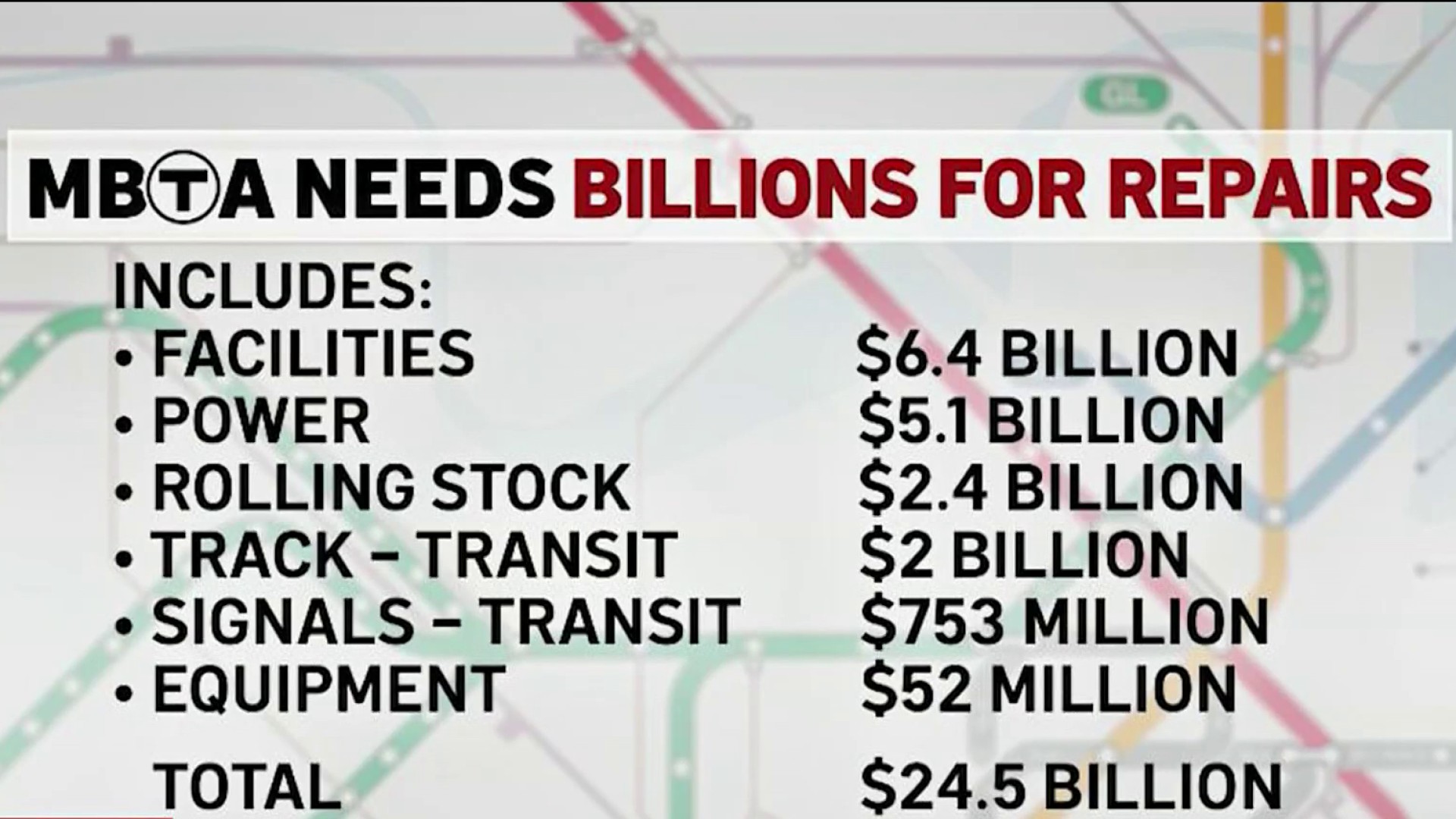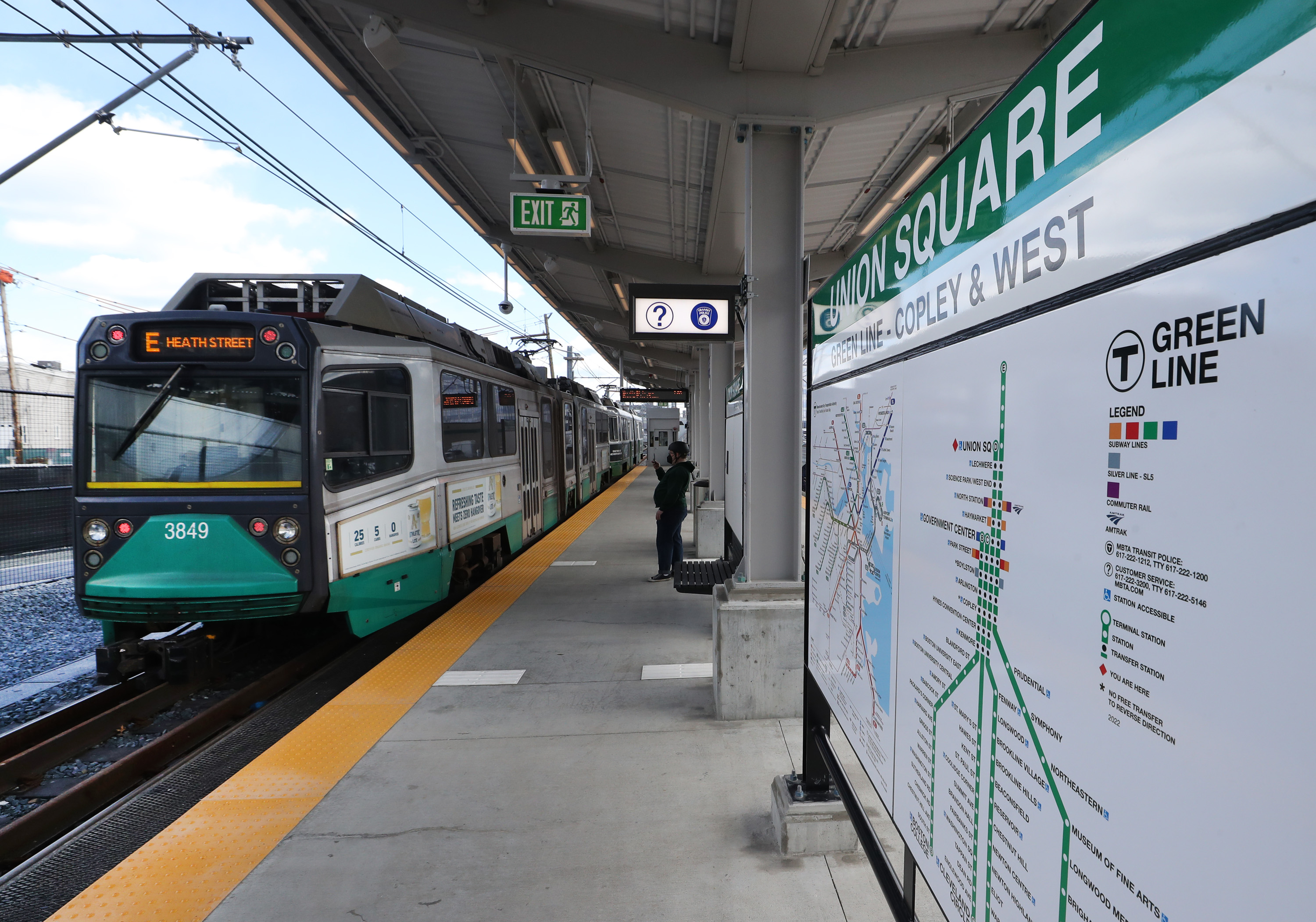The MBTA announced Tuesday morning that it has completed track work on the Red Line between the JFK/UMass and Park Street stations, resulting in the removal of nine slow zones.
Shuttle buses replaced service between the stations during the night from Nov. 14-16 and all day throughout last weekend.
WATCH ANYTIME FOR FREE
Stream NBC10 Boston news for free, 24/7, wherever you are. |
“Each step we take to repair our infrastructure is the building block for rebuilding public trust and restoring the level of service that the public deserves," MBTA General Manager and CEO Phillip Eng said in a statement. "The MBTA is proud to have completed this critical work, removing nine speed restrictions on the Red Line – which is three more than we set out to remove!"
Six speed restrictions were removed between South Station and JFK/UMass and another three near Downtown Crossing.
Get updates on what's happening in Boston to your inbox. Sign up for our News Headlines newsletter.
The MBTA said less than 10 miles of Red Line track is now speed restricted, the lowest since March 8, when slow zones were initiated across the transit system.
Over 2,000 feet of rail and 115 ties were replaced on the Red Line during the diversion. Additional work was also completed during the closures, including new and cleaned signage within tunnel areas, restoration and sanding of platform benches at Broadway, Andrew and South Station, new rubber flooring on the stairway at Broadway, painting at Broadway and Andrew and repaired platform tripping hazards at South Station.
News of the slow zone removal comes just days after the MBTA announced that $24.5 billion is needed to repair the system's many problems. The T's new capital needs assessment was more than double the cost of the previous analysis released in 2019, which officials said was driven by a combination of factors, including construction inflation and MBTA assets aging faster than they are being replaced.
The highest share of poor conditions is on the T's subway and trolley tracks. Nearly 90% of those stretches -- some of which have been unable to support full-speed travel for months due to unaddressed defects -- are outside a state of good repair, representing $2 billion in costs, according to the T's assessment.




